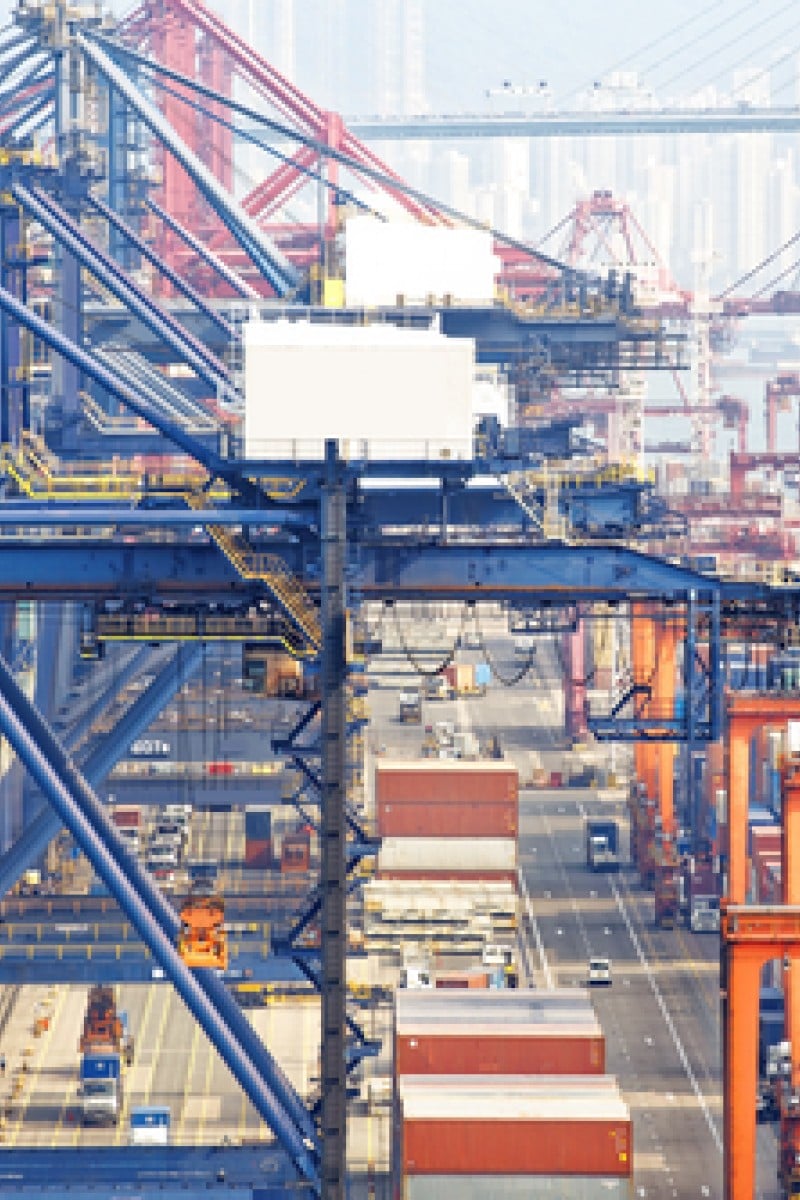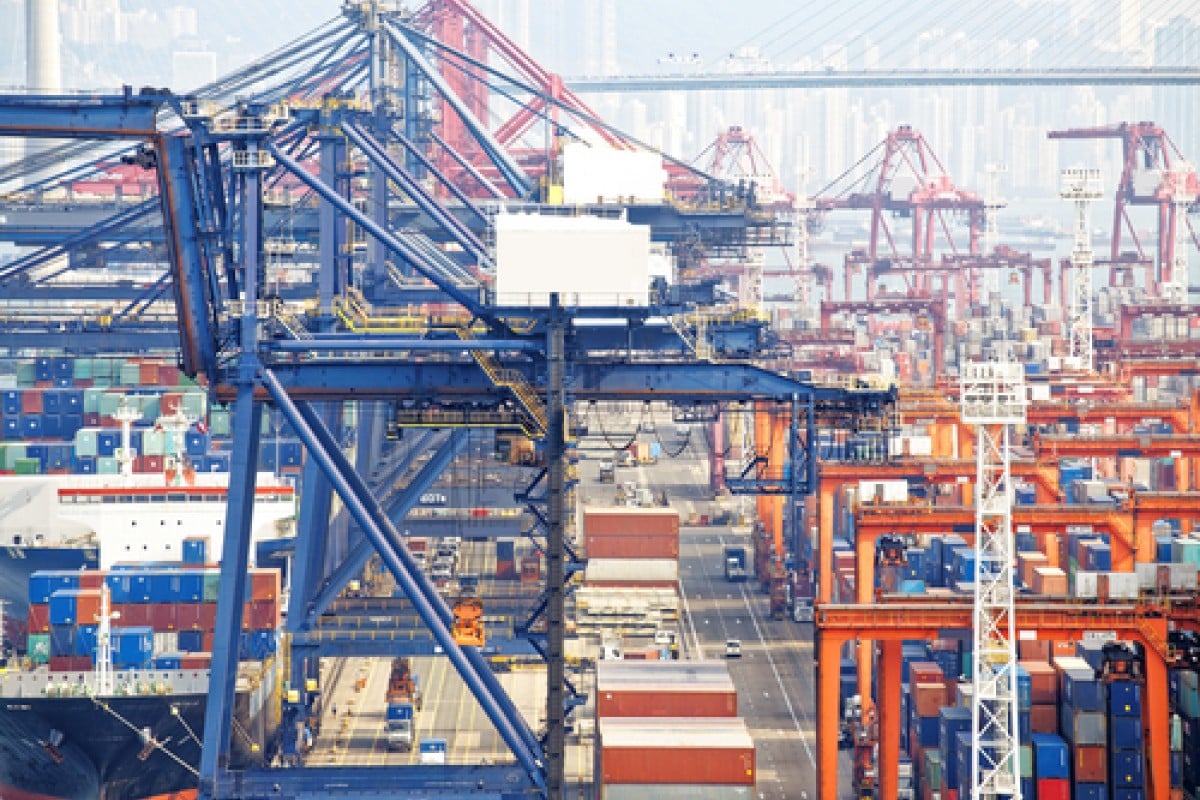
Understanding the vast potential for the Guangdong-Hong Kong-Macau Big Bay Area Initiative
Sponsored feature

The Guangdong-Hong Kong-Macau Big Bay Area (BBA) concept is one that has the potential to open some fantastic opportunities to Hong Kong’s logistics industry. The executive director of the Hong Kong Shippers’ Council, Sunny Ho was recently quoted in online industry publication Forward with Toll saying, “This plan could result in further efficiency enhancement, better infrastructure planning and operations, and stimulate a larger market.”
For the logistics management industry, this is good news. With support from the government and related agencies, enhancements in the area will lead to rapid development of the area will be encouraged and transformation fast-tracked.
The recent announcement by Chinese Premier Le Keqiang about the Guangdong-Hong Kong-Macau BBA (also known as the Greater Pearl Delta Initiative) has stimulated the fostering of links in the region. The cultivation of links in the region has been ongoing for many years, but has been brought to the forefront following the announcement.
It was during the 13th five-year plan (2016-2020) when the BBA Initiative was first proposed. China’s five-year plans are a series of social and economic development initiatives with the most recent plan focusing on Innovation, Balancing, Greening, Opening up and Sharing. Greater emphasis was placed on the integration of Hong Kong and Macau with the nine major cities (Shenzhen, Guangzhou, Zhuhai, Zhaoqing, Dongguan, Huizhou, Foshan, Zhongshan, Jiangmen) in the Pearl River Delta to connect with the global supply chain. The broad aims for the area cover high-tech manufacturing, trade (sourcing, freight-forwarding, financial services, etc), transportation (sea and air cargo services) and the digital industry.
The Pearl River Delta area has a population exceeding 110 million people and is where three of the world’s top ten busiest ports are located – Shenzhen, Hong Kong and Guangzhou. Each of these cities has its own strengths and while Shenzhen may have an advantage over Hong Kong in research and development, the initiative is about identifying the strengths of each city in the region and working toward producing synergies. Hong Kong’s strength as a service provider with solid experience in legal and financial services may be utilised for commercialising products for the global marketplace. For those with knowledge in maritime transport and logistics, and international transport and trade, this is an exciting opportunity to work in a region with high growth potential and undergoing some change.
Ho believes the benefits of a closer integration of the region can be reaped through a simple structure, “What is needed is simply cross-boundary facilitation – policies, platforms, alignment of protocols, technology, communication, and understanding.” Major logistics-related projects such as The Hong Kong-Zhuhai-Macau Bridge and new railway links will be coming online soon and are set to transform travel patterns and how goods are moved in the southern part of China.
Opportunities abound for those interested in working in maritime transport and logistics. Ship owners, ship brokers, charters, ship management companies, freight forwarders, third party logistics operators, container terminal operators, warehouse operators, law firms, cargo airlines, liner shipping operators, insurance agencies and many other organisations that operate in related areas will have manpower requirements that need to be met with professional and skilled people. A well-rounded business education in the area of international shipping and logistics management, such as the Bachelor of Business Administration (Honours) in International Shipping and Transport Logistics offered at Hong Kong Polytechnic University, is one that can help set graduates on the path to success in the international shipping and transport logistics industry.
It has been previously reported that plans for the BBA initiative should be finalised within a year.
For more info, contact the Department of Logistics and Maritime Studies, The Hong Kong Polytechnic University at lms.enquiry@polyu.edu.hk or Tel: (852) 2766 4607
